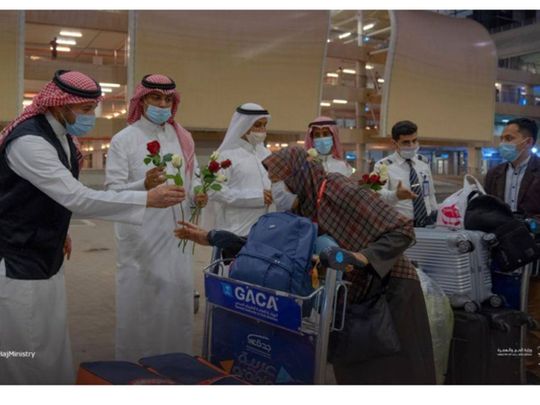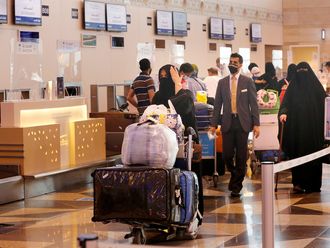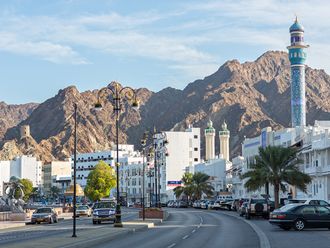
Cairo: Saudi civil aviation authorities said they have designated six main airports for receiving Muslims, who will attend next month’s annual Hajj pilgrimage.
They are King Abdulaziz International Airport in the Red Sea city of Jeddah; Prince Mohammed bin Abdulaziz Airport in Medina; Taif International Airport in the western city of Taif; King Khaled International Airport in Riyadh; Prince Abdulmohsen International Airport in the coastal city of Yanbu; and King Fahd International Airport in the western city of Dammam.
The Saudi General Authority for Civil Aviation added that it has allocated 3.4 million seats aboard 7,700 flights during the Hajj season.
Passenger without a bag service
Furthermore, 13 terminals at the six airports have been designated to receive the Hajj pilgrims to be served by 21,000 employees, the Matarat Holding Company, which manages the Saudi airports, has said.
The company added that the “passenger without a bag” service is available to facilitate travel procedures for the pilgrims across the kingdom’s airports.
Also read
- Saudi Arabia: Hajj visa restricted to Jeddah, Medina, and Mecca; no work or residency permitted
- Saudi Arabia announces stringent penalties for unauthorised Hajj pilgrims
- Saudi Arabia: School exams brought forward in Mecca due to Hajj
- Saudi Arabia extends deadline for Hajj visa application for Bangladeshis until May 7
The service allows the passengers to finalise all travel procedures from their residency and ship the luggage 24 hours ahead of the flight schedule, whether domestic or international.
Meanwhile, Saudia, the kingdom’s flag carrier, said it is ready for the Hajj season by allocating 150 aircraft with more than 1.2 million seats to bring in pilgrims from around the world.
More than 2 million Muslims from across the globe are projected to attend upcoming Hajj.
Saudi agencies engaged in preparing for Hajj works anticipate record numbers of pilgrims after around 30 million Muslims from inside and outside the kingdom undertook Umrah or minor pilgrimage in the Grand Mosque, Islam’s holiest site, in Mecca during the past Islamic sacred month of Ramadan that ended on April 9.
Some 1.8 million Muslims from across the globe last year performed Hajj, marking the return of their numbers to pre-pandemic levels.
Hajj is an obligatory Islamic duty that must be carried out at least once in a lifetime by Muslims who can afford it physically and financially.



![saudia]-1716115793977](https://imagevars.gulfnews.com/2024/05/19/saudia--1716115793977_18f9078e85a_small.jpg)







